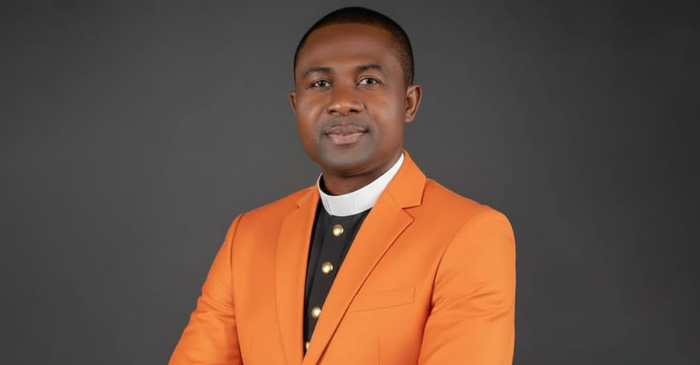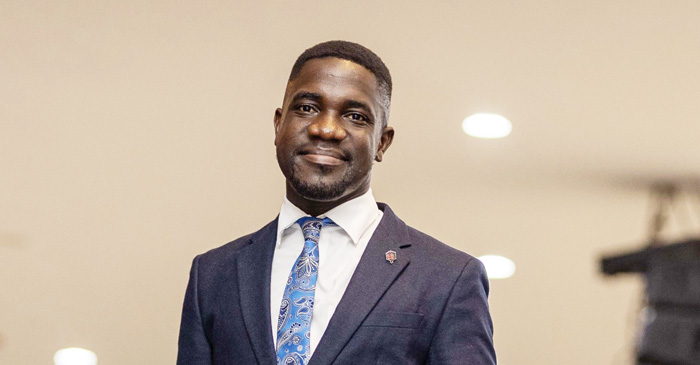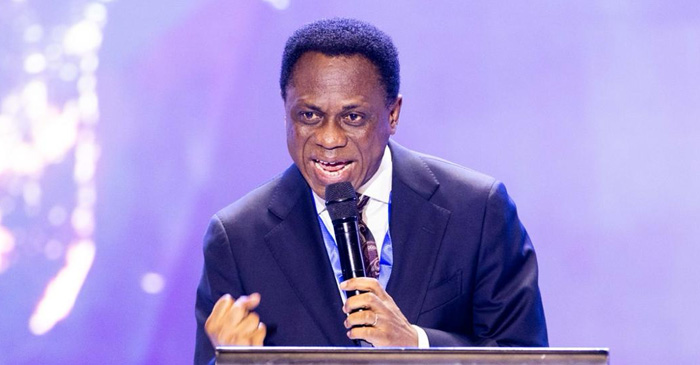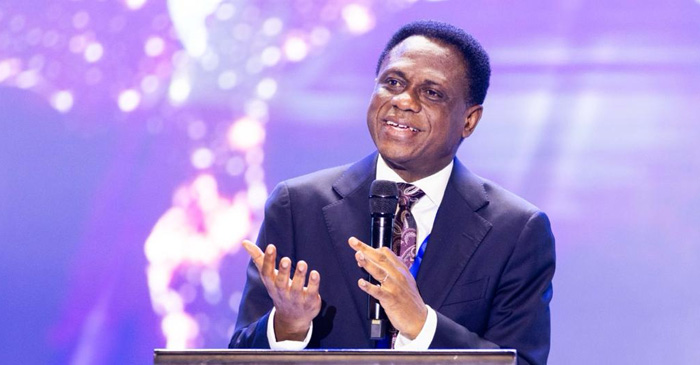
The life of a Christian can be compared to the life of a soldier. A soldier is prepared to stand, fight, and defend his nation. Similarly, Christians are a part of the armies of God, fighting day and night against the flesh, principalities, and the kingdom of the devil to populate and defend the kingdom of God. However, just as a soldier can fall or get injured at the war front despite adequate preparation—and regardless of rank, like a general, colonel, or lieutenant—so can a Christian fall, no matter their level of maturity.
In such a situation, the injured or fallen soldier is not to be left alone to bleed to death or be killed by the opponent. As seen at war fronts, all injured soldiers are always helped by fellow soldiers and brought back to base to receive their healing. Even those who die are carried back to base to receive a well-befitting burial. This is no different for Christians in the body of Christ. There are numerous similarities between the life of a Christian and that of a soldier that hold great lessons and can serve as a guide in supporting and encouraging Christians who have fallen. This write-up seeks to encourage the fallen Christian and the Church in helping fallen Christians to rise.
Perhaps the best accounts in the Bible to achieve the aim of this write-up are the stories of David, Samson, and Peter. David, the man after God’s heart, got hit with the bullet of adultery by sleeping with Bathsheba. In an attempt to quickly cover the injury inflicted by the bullet, he ended up killing another soldier in his own camp—Uriah, the husband of Bathsheba. In God’s wisdom, the first thing to help the wounded David was to rebuke him through the Prophet Nathan (2 Sam 11:1–27; 12:1–7).
Another militant, Samson, also fell when he revealed critical intelligence (the source of his strength) to an agent (Delilah) from the base of the enemy (Judg. 16). Let us not also forget Peter, who denied knowing Jesus Christ, his Commander and Captain of Israel’s host (Luke 22:54–62). These great men fell on the battlefield or in their journey with the Lord, but that did not end their walk. Realising that losing one battle does not mean the war has been lost, they acknowledged their sins, repented from them, and made peace with God. Other believers also encouraged and supported them to get back to God. Psalm 51 captures David’s prayer of repentance to God. Samson, after his fall, prayed to God to strengthen him to overcome his enemies and fulfil the purpose of his calling (Judg. 16:28–30).
As a Christian, do not give room for your weakness(es), but work to overcome them by partnering with God. We are not to walk in the path that will cause one to sin and compromise on Christian values. Open up to mature and trusted brethren who will help you with godly counsel and stand with you in prayer. It is said that he who welcomes rebukes and accepts correction is wise. Also, always remember: your fall may cause the faith of other believers to shake. Jesus Christ reinstated Peter (John 21:15–17), and he rose to be one of the great apostles of the faith. Do not let your fall be your end—the righteous may fall, but they will rise again (Prov. 24:16a).
As the body of Christ, we should not compromise our Christian values. Discipline is a core value and should not be taken lightly. However, as we practice these core values, let’s strengthen or put in place strategies that will help the fallen soldier (Christian) rise stronger. In Galatians 6:1–2, the Bible says, “Brothers and sisters, if someone is caught in a sin, you who live by the Spirit should restore that person gently. But watch yourselves, or you also may be tempted. Carry each other’s burdens, and in this way, you will fulfill the law of Christ.”
The scripture above admonishes us to gently restore believers who have fallen. This requires patience, humility, empathy, and a willingness to bear each other’s burden. We must also watch ourselves, lest we also fall into temptation.
1 Corinthians 12:26–27 adds that believers are one body—the body of Christ. We are connected and interdependent. When one part of the body suffers, the whole body suffers. When we help fallen Christians, we help the entire body. It is unchristian to be happy when a Christian falls. Stand with him or her in prayer and with words of encouragement.
As believers and one body in Christ, we can help fallen Christians by offering gentle correction and guidance (Proverbs 25:11), providing emotional support and encouragement (Hebrews 3:13), praying for and with the struggling believer (James 5:16), helping them reconnect with God’s Word and the church community, and encouraging accountability and transparency to a leader or shepherd in the church. We must also forgive them as God forgives us (Matthew 6:14–15).
In conclusion, the Christian journey mirrors that of a soldier, filled with challenges and the possibility of setbacks. Just as soldiers support each other in times of injury, we as the body of Christ are called to extend grace and help to those who stumble. The stories of David, Samson, and Peter illustrate that falls do not define us; rather, it’s our response of repentance and seeking support that matters most.
Let us foster a community of love, patience, and gentle correction, ensuring that no one faces their struggles alone. By doing so, we can restore those who are hurting and encourage them to rise stronger in faith. Together, we can empower one another to stand firm in the fight for God’s kingdom, remembering that while the righteous may fall, they will rise again.
Written by Elder Enoch Gyamena Agyei (Andrews Asamoah Baah Memorial Temple, Buokrom Estate District)












